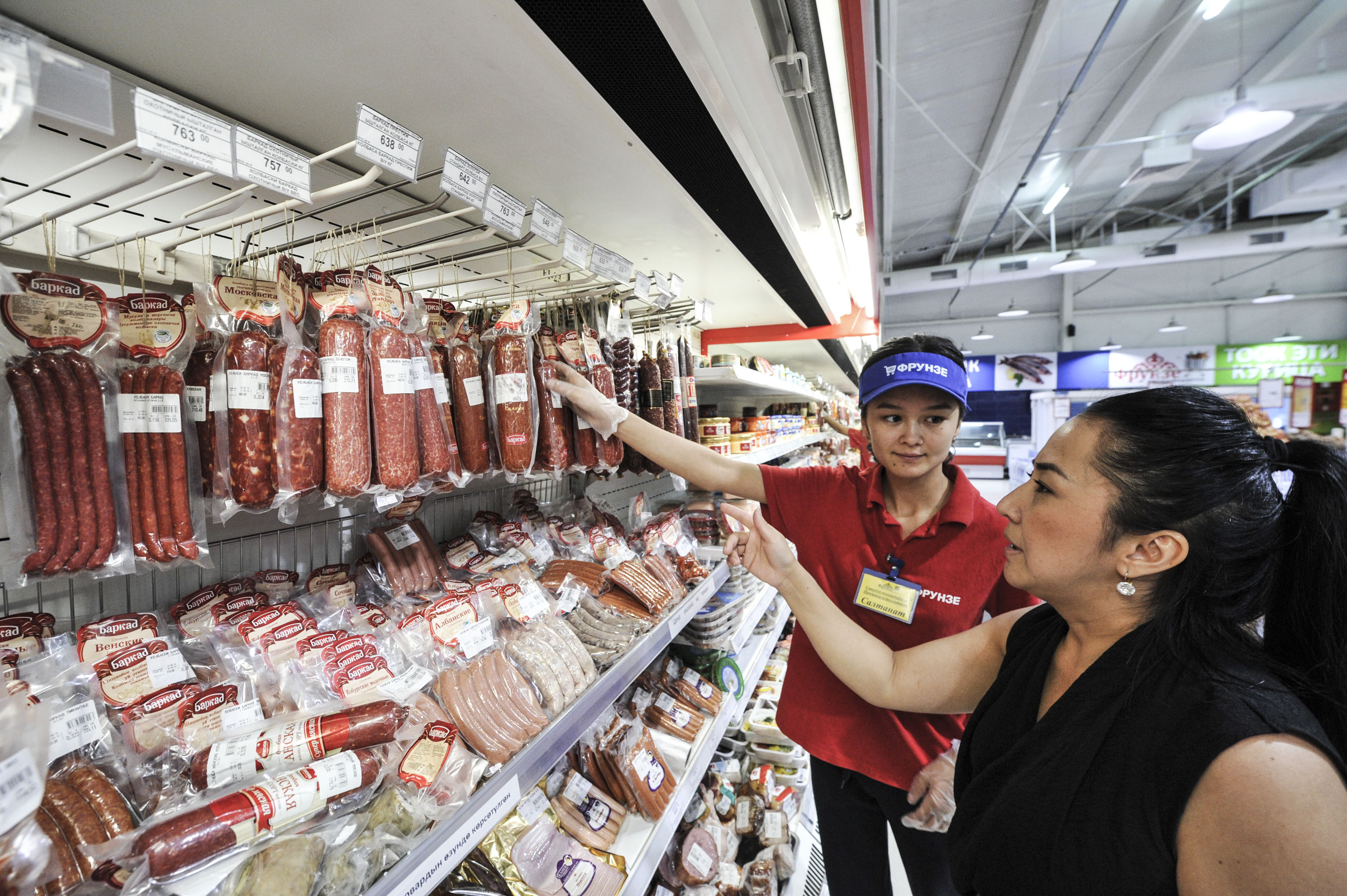It’s time for fixed definitions for food fraud and food integrity
We need a food supply system that produces safe food, produces nutritious food, and also produces authentic food, which is free of fraudulent activity.
Dr Chris Elliot
Food fraud is the intentional adulteration of food for financial gain. This can include deliberate substitution, dilution, counterfeiting, or misrepresentation of food, ingredients or packaging; or even false or misleading statements made about a product. All these examples of fraud can have a negative impact on the quality and safety aspects of foods. They can also damage consumer confidence and harm food businesses.


At a recent session of the FAO/WHO Coordinating Committee for the Near East, Dr Chris Elliot, Vice-Chancellor in the Faculty of Medicine, Health and Life Sciences at Belfast University spoke about the current situation and gave his advice on how Codex can contribute to controlling and combating fraud in the food chain.
“In my experience, virtually every type of food is subject to some form of fraud”, said Dr Elliot. “The more complex the supply chains are, the more processed foods are, the more fraud opportunities there are”, he added.
Education
Dr Elliot spoke about the need for developing countries to begin a process of education: “Educating the food industries …, educating governments …, about what measures have to be taken to deter food fraud.”
Where does fraud take place?
“In terms of where the fraud happens, it can happen at various stages,” explained Elliot. “It can happen during the primary production, on the processing, but often it happens during the storage and transportation.” With foods travelling before processing there are “multiple points of vulnerability” he said.
The smaller the company, the more difficult it gets
Small businesses are advised to always think where they are sourcing materials and that appropriate checks and measures are in place. Large industry can support this process by ensuring their suppliers are regularly audited.
Dr Chris Elliot talks about responsibilities for a safe food supply system and calls for Codex to work on an international definition of fraud.
Technology will play an enormous role
In the battle to deter food fraud “technology will play an enormous role”, Elliot said. The use of things like block chain technology and the use of smartphone diagnostics will be “fantastic tools to give the food production industry” so auditors and people from regulatory authorities can “go out and test where food is being produced”.
Credits
©FAO/Giuseppe Bizzarri / FAO
©FAO/Vyacheslav Oseledko / FAO
© Roberto Sciotti
Video montage Bin Han
At the heart of the Codex mandate are the core values of collaboration, inclusiveness, consensus building and transparency. Governmental and non-governmental, public and private organizations alike play a vital role in ensuring Codex texts are of the highest quality and based on sound science.
Codex would have little authority in the field of international standard setting if it did not welcome and acknowledge the valuable contributions made by observers. Expert technical bodies, industry and consumer associations
contribute to the standard-setting process in a spirit of openness, collaboration and transparency.
Intergovernmental organizations (IGOs) and international non-governmental organizations (NGOs) can apply for observer status in Codex in order to attend and put forward their views at every stage of the standard-setting process.
 Current Codex Alimentarius Commission
Current Codex Alimentarius Commission
It’s time for fixed definitions for food fraud and food integrity
We need a food supply system that produces safe food, produces nutritious food, and also produces authentic food, which is free of fraudulent activity.
Dr Chris Elliot
Food fraud is the intentional adulteration of food for financial gain. This can include deliberate substitution, dilution, counterfeiting, or misrepresentation of food, ingredients or packaging; or even false or misleading statements made about a product. All these examples of fraud can have a negative impact on the quality and safety aspects of foods. They can also damage consumer confidence and harm food businesses.


At a recent session of the FAO/WHO Coordinating Committee for the Near East, Dr Chris Elliot, Vice-Chancellor in the Faculty of Medicine, Health and Life Sciences at Belfast University spoke about the current situation and gave his advice on how Codex can contribute to controlling and combating fraud in the food chain.
“In my experience, virtually every type of food is subject to some form of fraud”, said Dr Elliot. “The more complex the supply chains are, the more processed foods are, the more fraud opportunities there are”, he added.
Education
Dr Elliot spoke about the need for developing countries to begin a process of education: “Educating the food industries …, educating governments …, about what measures have to be taken to deter food fraud.”
Where does fraud take place?
“In terms of where the fraud happens, it can happen at various stages,” explained Elliot. “It can happen during the primary production, on the processing, but often it happens during the storage and transportation.” With foods travelling before processing there are “multiple points of vulnerability” he said.
The smaller the company, the more difficult it gets
Small businesses are advised to always think where they are sourcing materials and that appropriate checks and measures are in place. Large industry can support this process by ensuring their suppliers are regularly audited.
Dr Chris Elliot talks about responsibilities for a safe food supply system and calls for Codex to work on an international definition of fraud.
Technology will play an enormous role
In the battle to deter food fraud “technology will play an enormous role”, Elliot said. The use of things like block chain technology and the use of smartphone diagnostics will be “fantastic tools to give the food production industry” so auditors and people from regulatory authorities can “go out and test where food is being produced”.
Credits
©FAO/Giuseppe Bizzarri / FAO
©FAO/Vyacheslav Oseledko / FAO
© Roberto Sciotti
Video montage Bin Han
 Codex and Observer
Codex and Observer
around the world since ancient times.
We might not always know where it comes from,
but we expect it to be available, safe and of good quality.










Leave a comment